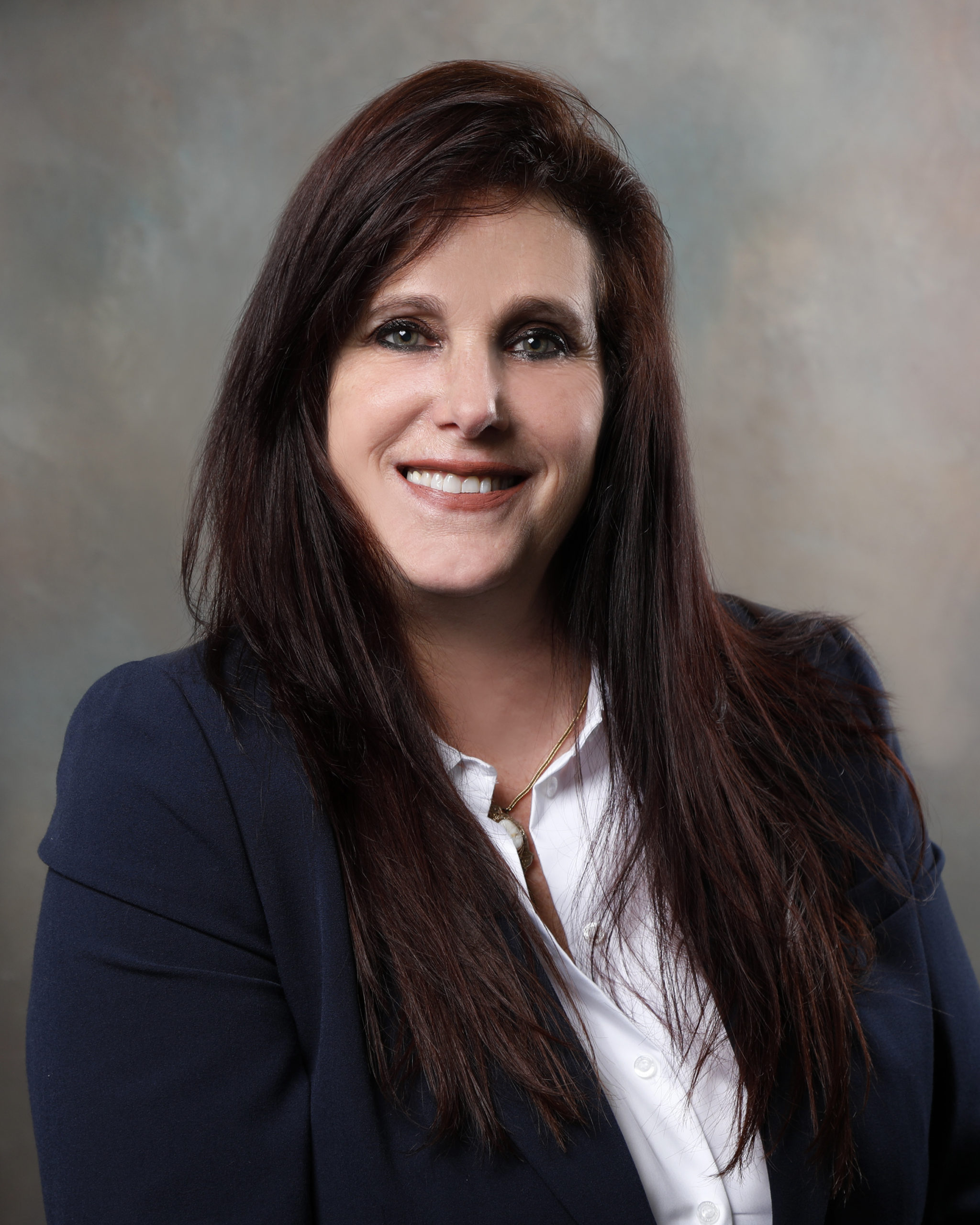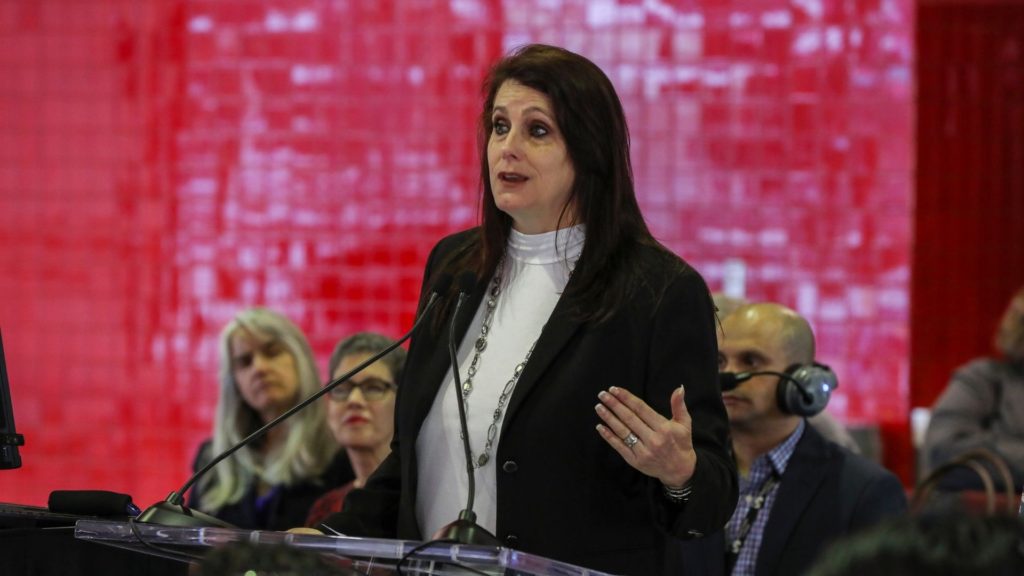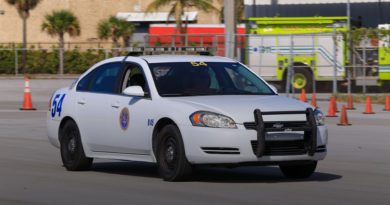Fingerprints, Corpses And Roaches: Plotkin Teaches The Real World Of Crime Scene Investigation
Sharon Plotkin is a straight-shooter.
So when she discusses the ethical standards of being a crime scene investigator, a job she proudly performed for more than 20 years for the North Miami Police Department, she is blunt.
“I’ve been on scenes with so much cash, I couldn’t carry it if I’d wanted to,” Plotkin says. “And it’s okay because it’s not mine and I will never steal it. I have very strong ethics, very strong integrity and a lot of honor to the job and to do the right thing. So I tell students all the time that doing the right thing is not when people are looking, but when they’re not.”
For more than 15 years, Plotkin has been teaching CSI tactics while attempting to engrain high moral standards into the hundreds of students she has taught at the North Campus School of Justice.
Her efforts were lauded this past December when she was one of nine Miami Dade College professors selected as an Endowed Teaching Chair for their excellence in the classroom.

“I love teaching every day and I love the students,” Plotkin said. “Crime scene [work] is reactive, meaning that crime happens and I respond. Teaching is proactive, so I get to see the changes being made and I get to see good things happening.”
Plotkin became a full-time professor in August of 2016 but had been working as an adjunct since 2006.
When she was an adjunct, she often worked homicide crime scene investigations in the afternoon and night and then taught a morning class at MDC.
“I brought a lot of real-world experience to them so that they could learn,” Plotkin said.
Currently, she teaches crime scene courses in photography, documentation, reconstruction, safety and technology.
To get her students in the bachelor’s program used to being around corpses—something they will encounter on the job—she takes them to the Miami-Dade County’s medical examiner’s office.
The students get up close and personal. They handle organs, bones and skulls and go to the decomposition room to see what bodies undergo during the process of death. Some medical examiners have even allowed students to assist in the removal of hearts from corpses’ chests.
“That caught my attention very much,” said Melani Andrade, one of Plotkin’s former students, who is now a North Miami Police crime scene investigator. “You get to experience autopsies literally right next to you with all the body, organs, blood and everything.”
The job can be brutal—literally. Plotkin has found a victim stuffed in a suitcase, slipped on urine at a scene, worked in areas infested with rats, snakes, cockroaches and conducted investigations on rooftops, in bodies of water and carried crime scene equipment up eight flights of stairs because the elevators stopped working.
Eventually, the job takes a physical toll on the body too. She has had two knee replacements and back surgery.
“It gets amazingly challenging,” Plotkin said. “I talked to all of my colleagues and they all say ‘did you ever have a day where you left work and you didn’t have something hurting you?’”
Her experiences sound like they could be in books. So she has co-authored two books.
The fourth edition of the textbook Crime Scene Investigation and Reconstruction, published in 2017 by Pearson. She used her experience to create what she calls a “field guide.”
Plotkin also co-authored the second edition of Fingerprints: Analysis and Understanding the Science. The book, published last May by Taylor & Francis, delves into the fundamental techniques and principles of obtaining and analyzing latent fingerprint evidence.
She is currently working on a third textbook about crime scene safety and hopes to have it published by 2023.
“She’s the energizer bunny,” said Vincent Como, who was her supervisor while serving as the criminal justice department chairperson at North Campus until he retired in September of 2020. “She doesn’t stop. She has experiences that people can oftentimes only dream of, especially in our field. She is always around, meeting with students and thinking of their needs.”




